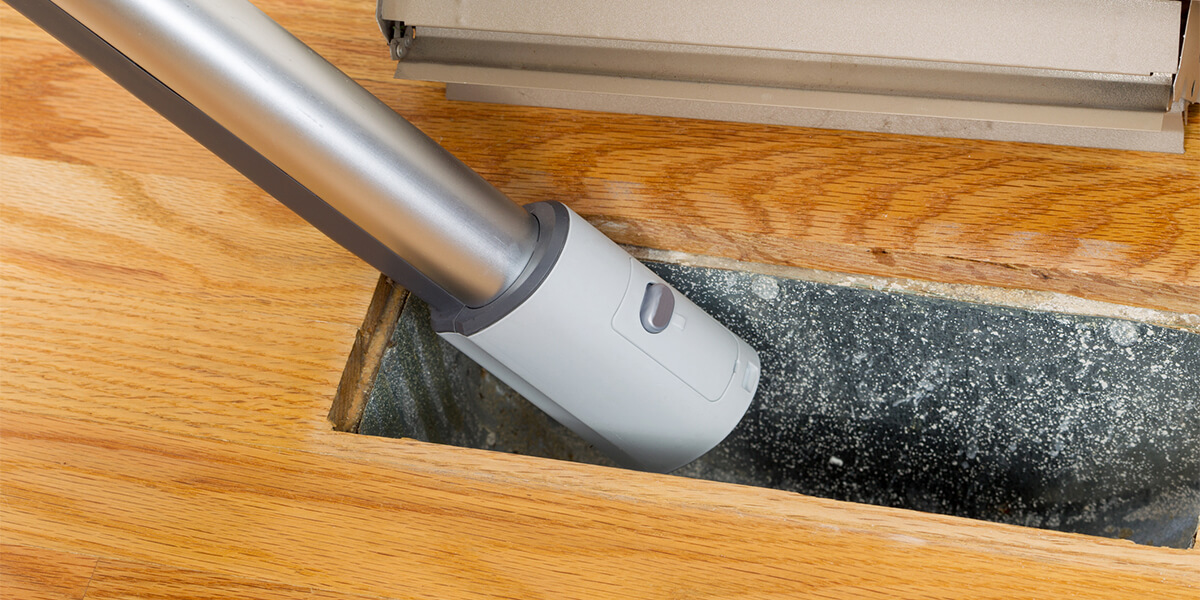For homeowners and business owners alike, understanding what is HVAC system in building is critically important when considering energy efficiency, indoor comfort, and reduced utility costs. Whether you are constructing a new building or updating an existing one, HVAC systems bring technological solutions to modern comfort needs. This guide will address all your questions and provide a deep understanding of HVAC systems and why they are essential.
So, what exactly makes HVAC such a crucial aspect of a building’s functionality? Keep reading to find out more about these systems, their components, energy-efficient operations, and much more.

What Does HVAC Stand For?
The acronym HVAC stands for Heating, Ventilation, and Air Conditioning. It represents a building’s system for maintaining comfortable indoor temperatures, improving indoor air quality, and promoting energy efficiency. In simple terms, HVAC systems are vital for regulating the internal environmentmaking your home and workspace livable and comfortable.
Why is HVAC So Important in Buildings?
From residential homes to large commercial complexes, an efficient HVAC system ensures optimal air quality and climate control. By combining advanced technology, HVAC systems maintain comfort while reducing energy consumption.
Components of an HVAC System
Learning what is HVAC system in building also involves understanding its critical components. These include:
- Heating Unit: Typically includes furnaces or heat pumps that provide warmth during cold seasons.
- Ventilation System: Ensures the circulation of fresh air by removing stale, polluted air.
- Air Conditioning (AC): Helps maintain a cool indoor climate during hot weather.
- Thermostat: The control hub that adjusts heating and cooling based on preferred temperatures.
How HVAC Systems Work
HVAC systems work by efficiently controlling airflow, managing temperatures, and circulating air in indoor spaces. The heating component raises the air temperature; the air conditioning lowers it, while ventilation ensures fresh, breathable air circulates indoors.
To dive deeper, visit How HVAC systems work to understand the mechanism step-by-step.
Types of HVAC Systems
Not all HVAC systems are created equal. When selecting the right system, you must consider the building’s size, climate, and energy requirements. Here are four common types:
- Split Systems: Separate units for heating and cooling, ideal for residential buildings.
- Hybrid Systems: Built with a heat pump for energy-efficient heating and cooling.
- Duct-Free Systems: Compact systems perfect for smaller rooms and buildings without ductwork.
- Packaged Systems: All-in-one solutions suitable for commercial or industrial spaces.
Energy Efficiency in HVAC Systems
Energy efficiency has become a top priority for most building owners. Modern HVAC systems incorporate advanced features such as programmable thermostats and energy recovery technologies. They save costs and offer environmental benefits.
Learn about specific energy-saving tips by checking out tax-credit HVAC systems.
How to Measure Energy Efficiency
The energy efficiency of an HVAC system is measured using Seasonal Energy Efficiency Ratio (SEER) and Annual Fuel Efficiency (AFUE). A higher SEER or AFUE ratings indicate better energy performance, saving you money in the long run.
Indoor Air Quality and HVAC
One of the most underrated benefits of an HVAC system is improved indoor air quality. Ventilation systems filter out dust, allergens, and pollutants, creating a healthier indoor environment. Maintaining the proper humidity level is also essential for better air quality.
Explore insights into air quality management via ideal humidity levels in-home.
Signs Your Building Needs an HVAC Upgrade
If your HVAC system struggles to maintain comfort or incurs high operating costs, it’s time to think about an upgrade. Signs include:
- Uneven room temperatures
- High energy bills
- Frequent repairs
- Poor air circulation or odors
Cost Considerations for HVAC Systems
The cost of installing or replacing an HVAC system varies widely, depending on the system type, building size, and location. While initial costs may appear high, modern energy-efficient systems can reduce utility bills substantially.
Find a detailed breakdown of costs by visiting cost of HVAC systems.
Maintenance Costs
Regular maintenance is essential for the longevity and efficiency of your HVAC system. Most systems benefit from bi-annual checkups for optimal performance.
Financial Incentives
Government initiatives and rebates are often available to offset installation costs for energy-efficient HVAC units. Make sure to explore these options to save money.
Technology Advancements in HVAC
The adoption of smart thermostats and Internet of Things (IoT) has revolutionized how modern HVAC systems operate. Features like remote control and predictive maintenance offer tremendous convenience to users.
Repair vs. Replacement
When maintaining an HVAC system, building owners often face the dilemma of whether to repair or replace aging systems. While repairs may work for minor issues, upgrading to an energy-efficient unit is often cost-effective for older systems.
How to Choose the Right HVAC System
Factors such as building size, local climate, and energy needs play crucial roles in selecting the right HVAC system. Professional consultation is highly recommended.
FAQs
- Q: How often should HVAC filters be replaced?
A: It depends on the system and building use, but ideally every 1-3 months. - Q: Can HVAC systems help with allergies?
A: Yes, by improving indoor air quality and filtering allergens effectively. - Q: Are there any government rebates for energy-efficient HVAC systems?
A: Many governments offer rebates; check local guidelines or visit tax-credit HVAC systems.

Final Thoughts
Understanding what is HVAC system in building is critical in achieving a comfortable, energy-efficient, and clean indoor environment. Whether installing a new system or upgrading an old one, these systems are investments that yield tremendous benefits.
For more in-depth information about HVAC systems, visit trusted external resources like Petro for reliable facts and updates.
This article contains affiliate links. We may earn a commission at no extra cost to you.






